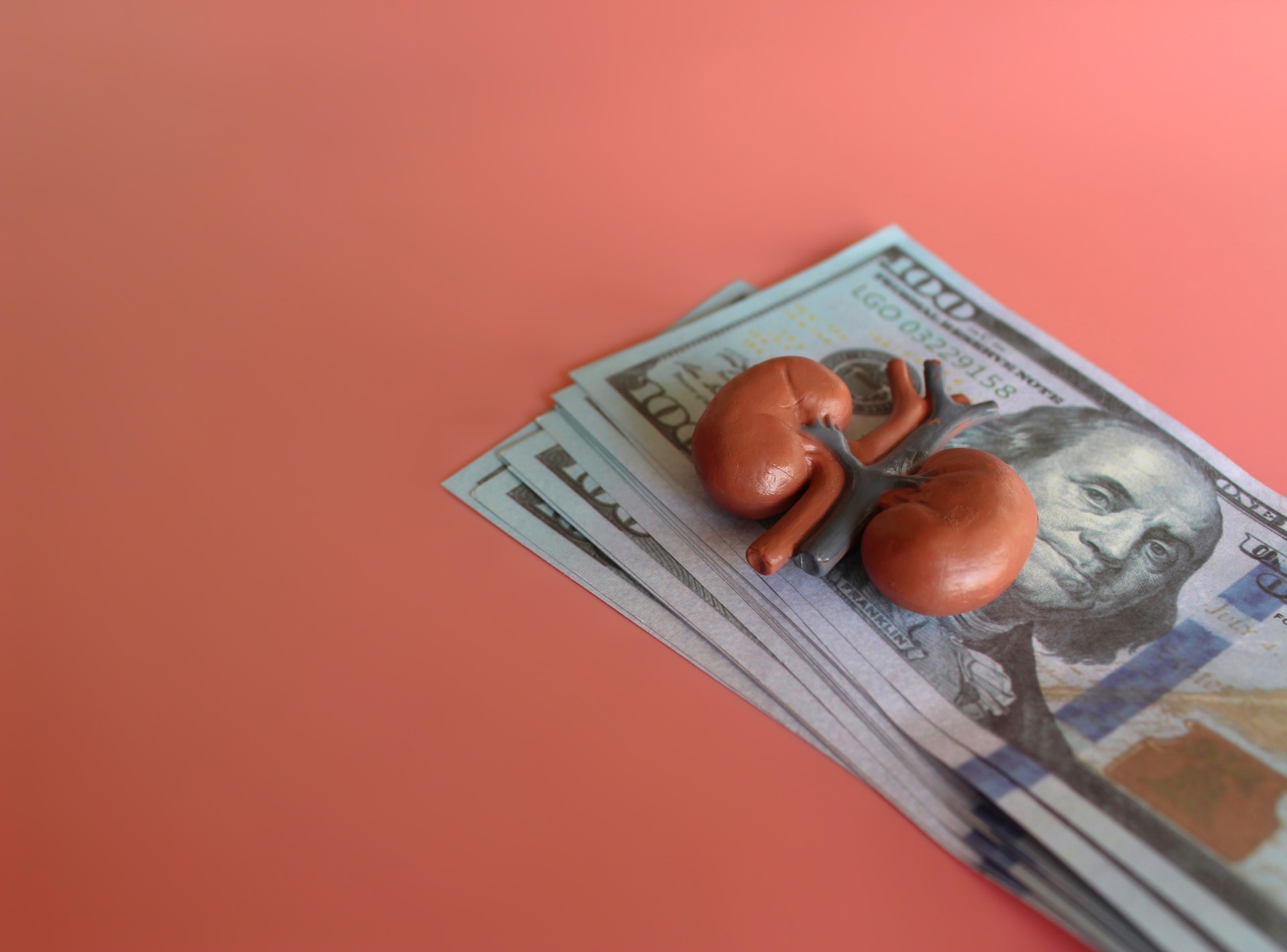
Poverty is now a key reason for people selling their kidneys, according to Australian and international researchers.
Globally, the demand for kidneys has surpassed the available supply from both living and deceased donors and this scarcity has made the kidney one of the most saleable human organs.
The team viewed previous research related to kidney selling, with most studies coming from Asia, and identified five common reasons for kidney selling which included poverty, family and social responsibilities, desperation to end cycles of debt and the need to fulfil gender roles.
Concerningly, the fifth reason was simply to purchase to purchase luxury items (diverting funds away from ordinary living expenses) such as buying motorbikes, mobile phones and televisions.
Lead author, Dr Bijaya Shrestha from the Mahidol University’s Centre for Research on Education Health and Social Science, said that kidney selling could be solely initiated by the kidney sellers to an institution or a person without necessarily involving a broker.
“Kidney trafficking, on the other hand, can involve acts of exploitation, coercion, and inducement to sell to an institution or a person, often with the involvement of a broker,” he said.
“Kidney sellers are often unaware about the consequences of selling kidneys such as disabilities of various extent including weaknesses, chronic kidney disease, stigma, and unforeseen complications.
“Individuals from high-income countries with long waiting lists for kidney transplants may travel to countries with less stringent regulations or where organ trafficking occurs to access organs more quickly.”
The supply of kidneys from deceased donors has been limited by factors such as consent processes, medical suitability, and logistics and living donation was tightly regulated to ensure the well-being and informed consent of the donor.
“Unfortunately, illegal organ trafficking has been a common occurrence in LMICs which exploits vulnerable individuals facing desperate living conditions and although organ trafficking has been condemned and deemed illegal, it remains persistent because of the lack of regulatory measures,” Dr Shrestha explained.
Literature related to kidney selling and its drivers was explored in three databases including MEDLINE (PubMed), Scopus (Elsevier), and JSTOR covering the period from 1987 to 2022. A total of 15 articles were selected, which underwent thematic analysis before being independently assessed for relevance and study quality to synthesise the data.
The thematic analysis involved a critical approach to understanding the reasons for kidney selling by examining power disparities and social inequities, revealing that the organ trade and the underlying reasons for it showed similarities across various geographic regions.
Several factors were identified which increased individuals’ vulnerability to black market operators.
“At the micro level, poverty and illiteracy emerged as significant factors. Lack of financial safety nets obliged family to resort to kidney selling which helped to alleviate poverty, resolve debt, and other urgent financial issues,” Dr Shrestha said.
“Family, and gender responsibilities also played roles in kidney selling. For example, obligations related to paying a dowry made parents particularly vulnerable to the organ trade.
“Surprisingly, a few victims of kidney selling later adopted kidney brokering role to support their livelihood and kidney sales were further fostered by lack of stringent policy to regulate and monitor background checks for kidney transplantation.”

